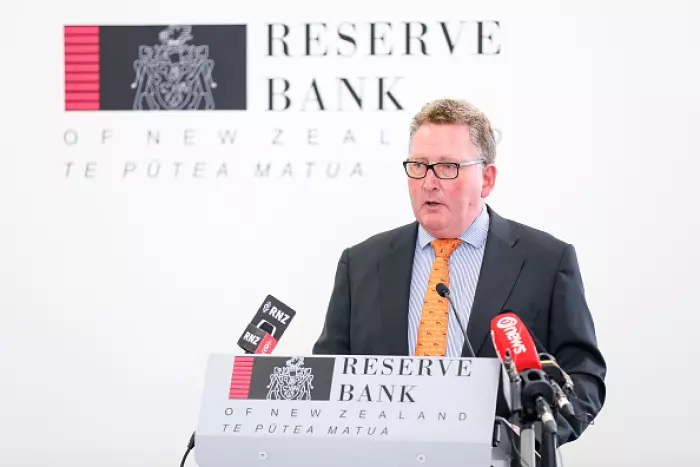The central bank is keen on public input as it considers how to balance its inflation and employment objectives and what weight – if any – should be put on matters such as housing.
“We also look forward to beginning a public consultation process on what changes, if any, should be made to the monetary policy remit to ensure it is fit for purpose moving forward,” said governor Adrian Orr in a speech to the Waikato University New Zealand Economics Forum on Friday morning.
New Reserve Bank of NZ (RBNZ) legislation requires the central bank to review the framework for monetary policy every five years.
The review process has two parts.
It includes a backward-looking review and assessment of monetary policy performance over the last five years, which will consider how monetary policy performed during the pandemic period.
It also includes formulation of remit advice for the minister of finance on whether RBNZ believes there are any changes required to the remit.
Advice must be delivered no later than November 2023.
Orr said the first round of consultation – in the middle of 2022 – will take stock of the structural changes that have affected the context of monetary policy, and reflect on the lessons from the operation of monetary policy in recent history.
The feedback from this consultation will be used to inform the scope of options for changes to the remit, which will be part of the second round of consultation later in the year, he said.
Secondary considerations
Orr said the review would consider secondary considerations such as “distributional impacts and housing.”
In 2021, the government upped the pressure on the RBNZ, requiring it to consider the impact on housing when making monetary and financial policy decisions.
In today’s speech, Orr recognised monetary policy has “distributional impacts”, including through the housing market.
Research has shown monetary policy easing and tightening can impact the distribution of wealth and income through several channels, he said.
The current monetary policy mandate recognises the limitations monetary policy has in influencing these distributional issues.
“Instead it recognises that the best impact monetary policy can have on economic wellbeing for all is through maintaining low and stable consumer price inflation and doing so in a manner that contributes to maximum sustainable employment,” he said.
However, he said the bank has responsibilities for both monetary policy and financial stability.
“We aim to ensure that both borrowers and lenders are able to manage their financial risks through good times and bad, and that any specific issues to the otherwise do not lead to general financial instability.”
On Wednesday the central bank lifted the official cash rate by 25 basis points to 1.0% and indicated there was more to come.
“By getting on top of inflation pressures quickly, by raising interest rates sooner, we aim to prevent the need for even higher rates in the future. In other words, we are taking our foot off the accelerator now to minimise having to use the brakes harder in future,” he said.













